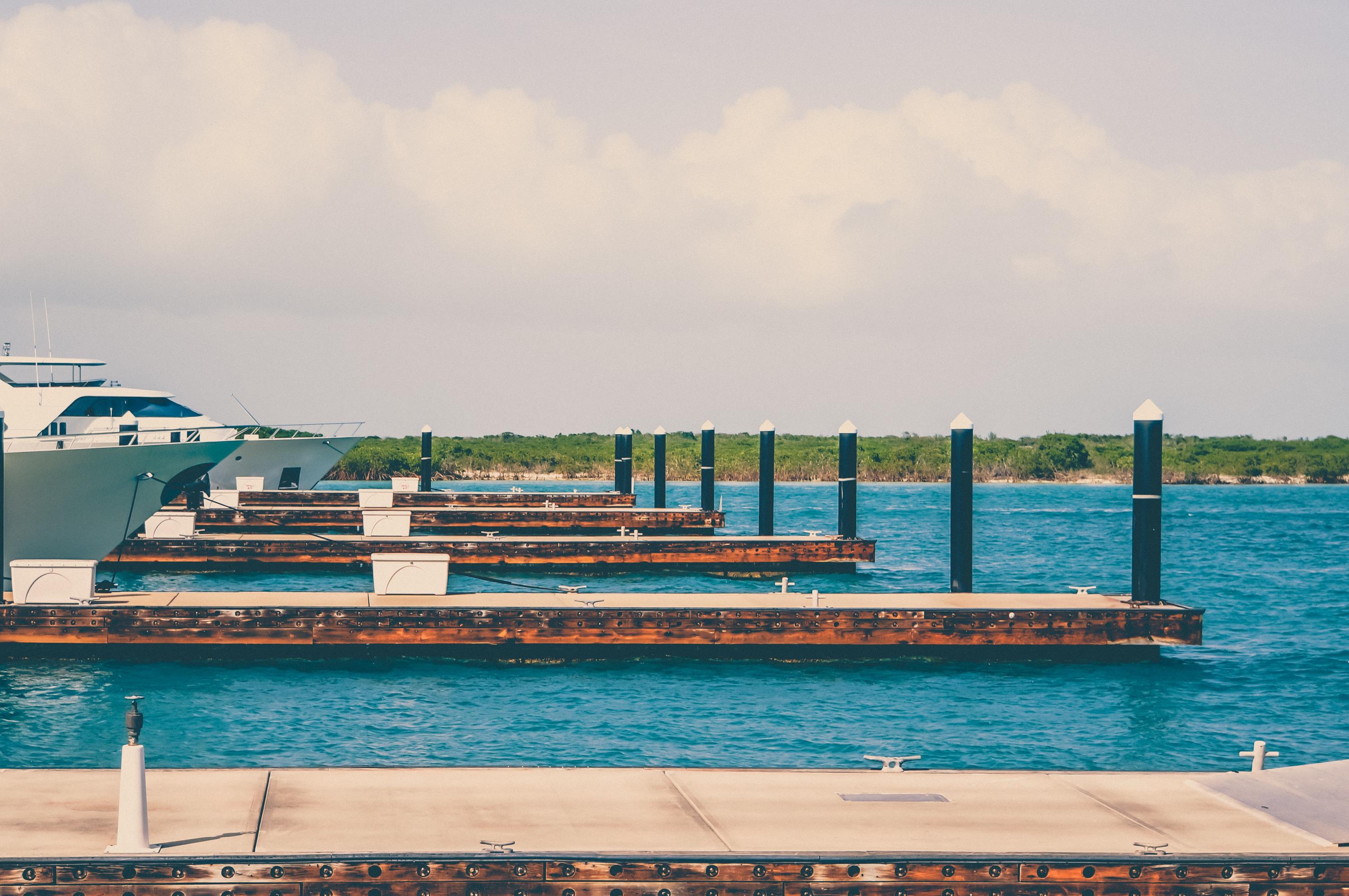
A marina contract can contain various provisions that may affect your insurance coverage and ability to recover for losses suffered to your vessel. Recently, some marinas have begun including what is called "risk-shifting" language in their contracts. While this may sound innocuous, the contract may shift the responsibility for defense and payment of claims to you and your insurance company, even when the cause of the accident and responsibility for the resulting damages rests with the marina and/or its personnel. Other clauses prevent an insurance company from suing the marina to recoup its claims payments after a loss caused by the marina. By signing a marina contract with such provisions, you may find yourself responsible for costs not covered by your insurance policy. See the sidebar for some common risk-shifting clauses and what they mean.
While all this legalese may sound daunting, the reality is that marinas want to keep their customers, and reputable marinas will often pay when they damage a customer's boat; they have to take into consideration what impact their decisions have on their other customers. Even if the marina seems willing to help, though, you should immediately report any claim to your own insurance company. The marina may initially say that it will take care of it, but it may then change its mind. By then, it may be too late to get your insurance company involved, and you may not be covered. It's also essential that you immediately notify your insurance company if you or a guest is hurt at the marina.
It's important to remember that while marinas can try to protect themselves from negligence, such as gouging your gelcoat on haulout, for instance, they can't protect themselves from gross negligence, the conscious and voluntary disregard of the need to use reasonable care — such as if damage was caused by a marina employee driving the Travelift while drunk.
So what can a boat owner do when faced with contracts that have these clauses?
In many parts of the country, there are more slips than boats, and consumers can search for a marina with fewer risk-shifting clauses or even negotiate some of them out. Some marinas allow this for an added cost.
If your marina isn't flexible on its contract, and language exists that you think could cause issues with your insurance company, review these clauses with your insurance carrier to make sure you're not in danger of a breach of the insurance contract, which could result in no coverage.